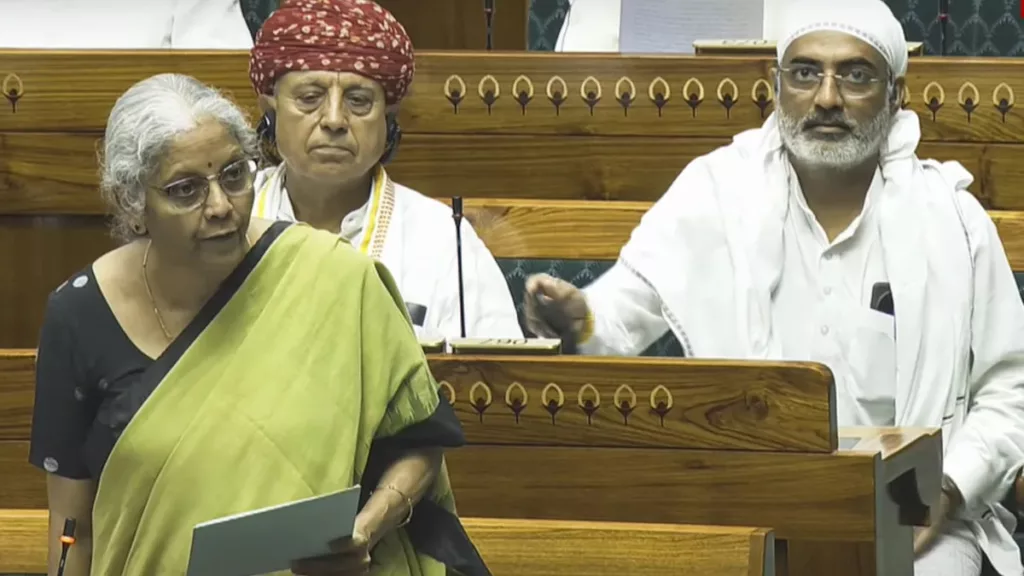In a move aimed at legislative clarity and comprehensive reform, the Centre has formally withdrawn the Income Tax Bill 2025, which was originally introduced in the Lok Sabha on February 13. A revised and updated version of the bill, incorporating a wide array of suggestions from a Select Committee, is scheduled to be introduced on August 11, 2025.
The government’s decision to withdraw the initial draft was made to avoid the confusion that could arise from having multiple versions of the legislation and to provide a single, consolidated text for parliamentary consideration. This step underscores the government’s commitment to creating a modern, taxpayer-friendly, and simplified direct tax law to replace the six-decade-old Income Tax Act of 1961.
Why Was the Bill Withdrawn?
During her address to Parliament, Finance Minister Nirmala Sitharaman provided a clear rationale for the withdrawal. She stated that the government received numerous suggestions that needed to be incorporated “to convey the correct legislative meaning.” These changes were not merely minor; they involved “corrections in the nature of drafting, alignment of phrases, consequential changes and cross-referencing.” The old version of the bill had been flagged by lawyers and chartered accountants for several drafting errors, with the Lok Sabha Select Committee identifying and addressing many of these issues.
Key Recommendations from the Select Committee
The Select Committee, a 31-member panel chaired by BJP MP Baijayant Panda, played a pivotal role in shaping the revised legislation. After a thorough review and extensive consultations, the committee submitted a detailed 4,500-page report containing 285 recommendations.
While the new bill is designed to preserve the core structure of the current tax regime, it includes several key proposals that directly benefit taxpayers and improve clarity.
Some of the most significant recommendations include:
- Deductions for House Properties: The committee recommended that the 30% standard deduction for income from house property should be explicitly mentioned in the new law. Furthermore, it suggested that the benefit of home loan interest deductions, currently limited to self-occupied properties, should be extended to rented properties as well.
- Preventing “Deemed Rental Income” on Vacant Commercial Properties: The committee addressed a potential ambiguity in the original draft that could have led to vacant commercial properties being taxed for “deemed rental income.” It recommended a change in wording to ensure that only “occupied” commercial properties are excluded from house property taxation, aligning the new law with the provisions of the 1961 Act.
- Faster TDS and TCS Refunds: In an effort to reduce hassles for honest taxpayers, the committee suggested that the refund process for Tax Deducted at Source (TDS) and Tax Collected at Source (TCS) be made quicker and more transparent.
- Clarification on Withholding Tax Certificates: The panel recommended the reinstatement of a provision that allows the tax department to issue nil withholding tax certificates for specific payments, a clause that was dropped in the initial draft.
The new bill is expected to reduce the number of sections from the current 298 to a more manageable number, written in simpler language to enhance understanding and compliance. This reform is positioned as a taxpayer-friendly move, aiming for a modernized, transparent, and fair direct tax system for the country.







